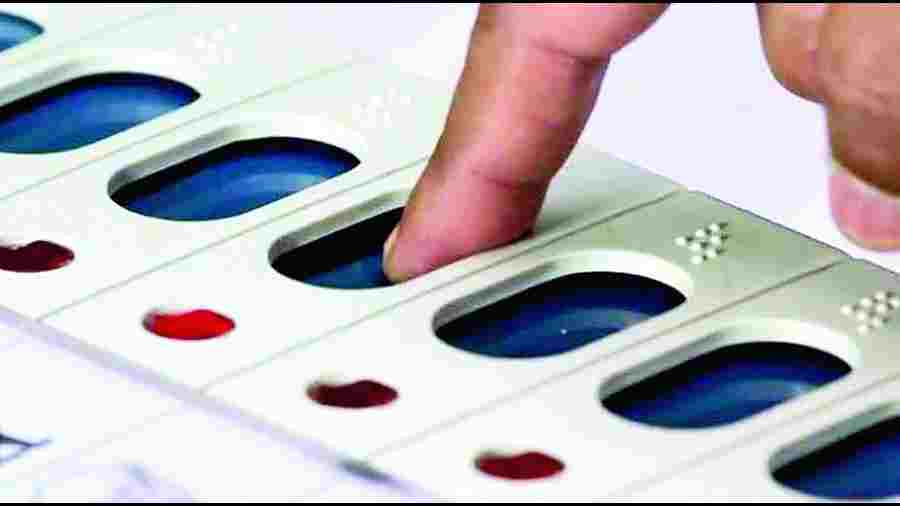Nepali women clad in saris and men in jeans and baseball caps were standing in long queues on Sunday as voting started in a general election that few expect to bring drastic change — or a government able to quickly revive the economy.
Nearly 60 per cent polling was recorded. Voting started at 7am local time at over 22,000 polling centres and closed at 5pm. More than 17.9 million voters were eligible to cast their votes to elect a 275-member House of Representatives.
“I voted for economic development, ensuring jobs, food, clothes, education and health services,” Rajesh Kumar Subedi, a 52-year-old employee who was the first to vote at the Phaimlamchuli voting centre, a Kathmandu suburb, told Reuters.
The election pits the ruling alliance of the Nepali Congress party, led by Prime Minister Sher Bahadur Deuba and some former Maoist rebels, against the Nepal Communist Unified Marxist Leninist party. There are no pre-election polls, but political analysts expect the ruling alliance to retain power.
The Election Commission said it could take up to two weeks to declare final results. Analysts said a new government would face the challenge of reviving the economy and curbing high prices.










